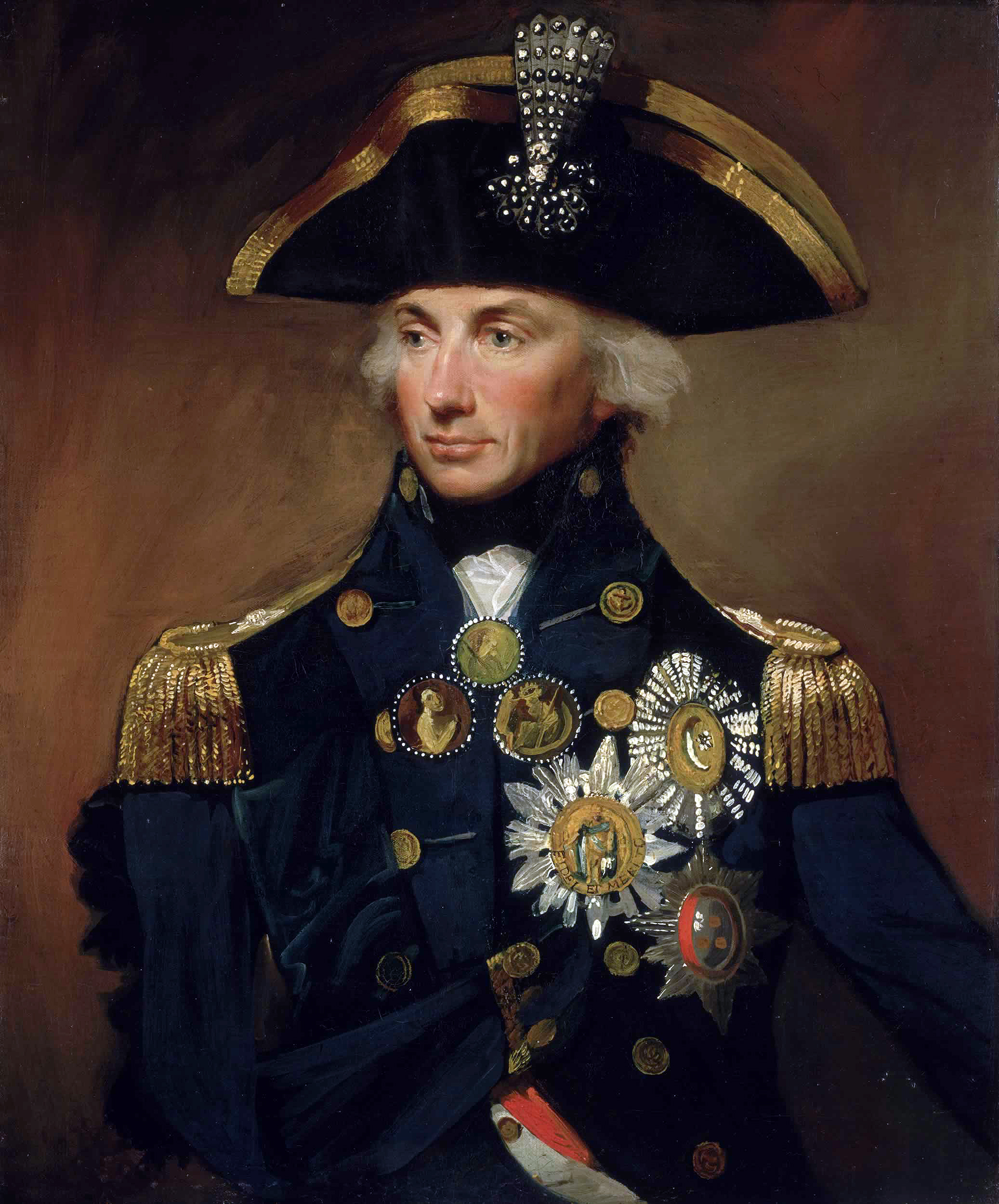“La pederastia è utile, se non altro perché aumenta l'autonomia della flotta.”
citato in Focus, n. 103, pag. 208
Lord Horatio Nelson, primo visconte Nelson e primo duca di Bronte , è stato un ammiraglio britannico.
Per le sue vittorie nelle tre grandi battaglie navali in cui era comandante in capo, è ancora oggi ricordato come uno dei più amati e celebrati eroi nazionali d'Inghilterra; ma non mancano nella sua vita episodi controversi, come la parte avuta negli orrori seguiti alla fine della Repubblica Napoletana nel 1799.
Il suo ruolo di Eroe Nazionale dell'Impero britannico, vittorioso in importanti battaglie, ha attirato su di sé l'attenzione di numerosi biografi, la maggior parte dei quali si è limitata a riproporre la consolidata biografia ufficiale, edita pochi anni dopo la morte con la collaborazione interessata del fratello di Nelson e di numerosi esponenti governativi. Recentemente alcune opere hanno dedicato maggior attenzione a documenti ancora disponibili dai quali è possibile risalire ad un Nelson meno "agiografico".
Wikipedia

“La pederastia è utile, se non altro perché aumenta l'autonomia della flotta.”
citato in Focus, n. 103, pag. 208
“L'Inghilterra si aspetta che ogni uomo faccia il proprio dovere.”
alla vigilia della battaglia di Trafalgar; citato in Paul K. Davis, Le 100 battaglie che hanno cambiato la storia
Letter to Frances Nisbet [citation needed]
1800s
“Drink, drink. Fan, fan. Rub, rub.”
In his dying hours, Nelson was attended by his chaplain, Alexander Scott; his steward, Chevalier; and the purser, Walter Burke. Their accounts have been available to Nelson's modern biographers. This was a request to alleviate his symptoms of thirst, heat, and the pains of his wounds, as quoted in Horatio Nelson (1987) by Tom Pocock, p. 331
The Battle of Trafalgar (1805)
Nelson's advice to his Midshipmen (1793), as quoted in Memoirs of the Life of Vice-Admiral Lord Viscount Nelson K.B. (1849), edited by Thomas Joseph Pettigrew, Vol. 2, p. 580
1790s
Letter to his mistress, Lady Hamilton (1800) [citation needed]; derived from "But if it be a sin to covet honour, I am the most offending soul alive." by William Shakespeare, in Henry V
1800s
Dispatches and Letters of Horatio Nelson : a diary entry on the eve of the battle of Trafalgar
The Battle of Trafalgar (1805)
“The measure may be thought bold, but I am of the opinion the boldest are the safest.”
Statement to Sir Hyde Parker urging vigorous action against the Russians and Danes (24 March 1801), quoted in "The Book of Military Quotations" by Peter G. Tsouras, p. 54
1800s
After a French rout of the Neapolitan army (1798) [citation needed]
1790s
After being wounded during the attack on Santa Cruz de Tenerife (24 July 1797), as quoted in The Dispatches and Letters of Vice Admiral Lord Viscount Nelson with Notes (1845) edited Nicholas Harris Nicolas, Vol. II : 1795-1797, p. 423
1790s